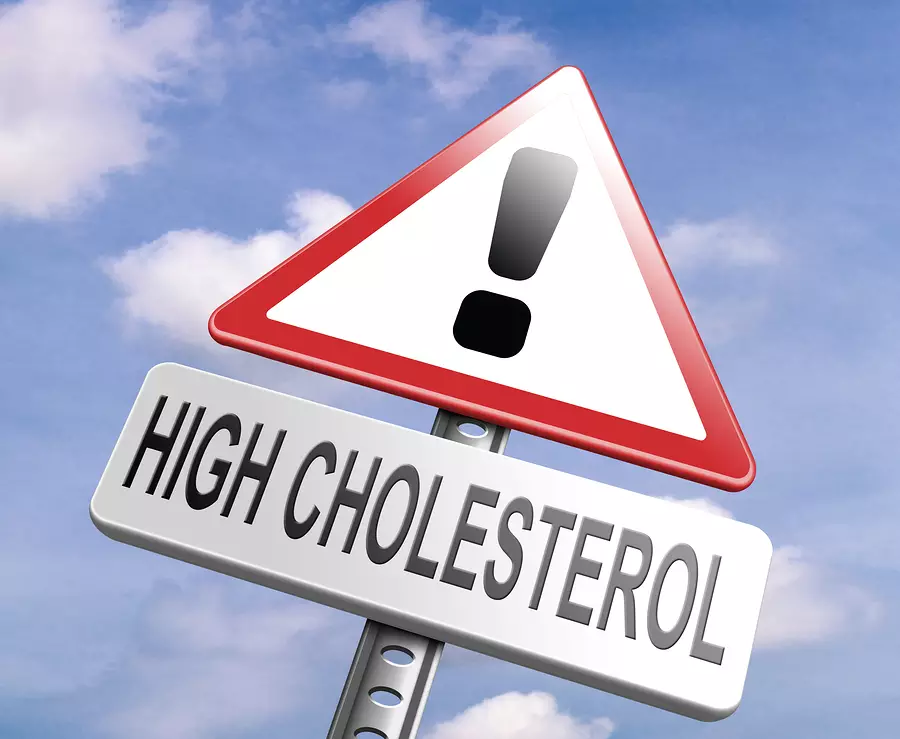
08 Oct Symptoms and Outcomes of High Cholesterol Levels
Cardiologists are medical doctors who specialize in diagnosing, treating, and preventing diseases of the heart and blood vessels. One common condition they manage is high cholesterol. Cholesterol is a waxy substance found in your blood that your body needs to build healthy cells. Having high cholesterol means there is an excess of lipids, or fats, in your blood. Here’s more information on the symptoms and effects of high cholesterol levels:
High Blood Pressure
High cholesterol can contribute to the development of high blood pressure, also known as hypertension. This often involves high levels of low-density lipoprotein (LDL), sometimes called “bad” cholesterol, and potentially low levels of high-density lipoprotein (HDL), or “good” cholesterol. This imbalance can lead to various health concerns over time.
When there is too much LDL cholesterol in the bloodstream, it can begin to accumulate along the walls of your arteries. This buildup, called plaque, can cause the arteries to harden and become narrower, a process known as atherosclerosis. As these pathways for blood become more constricted, the heart must work harder to pump blood throughout the body, which can increase the pressure against the artery walls.
While having high cholesterol does not have any immediate symptoms, the longer atherosclerosis progresses, the higher your risk of developing various health conditions increases. A cardiologist can diagnose your condition and offer appropriate treatments. Some common contributing factors that cause high cholesterol are:
- Having Chronic Stress
- Eating Too Many Saturated and Trans Fats
- Smoking Tobacco
- Drinking Alcohol Excessively
- Having Limited Physical Activity
Diabetes
Having diabetes increases your risk of having high cholesterol, because those with this condition tend to have higher LDL cholesterol and lower HDL cholesterol. This means diabetics also have twice the risk of developing peripheral and coronary artery disease. Dyslipidemia, an abnormal level of lipids in the blood, is frequently observed in individuals with insulin resistance, a key feature of type 2 diabetes. Managing cholesterol levels is often a component of a comprehensive approach to addressing diabetes-related health risks.
Artery Disease
The plaque buildup associated with high cholesterol is a primary factor in several forms of artery disease. These conditions are characterized by reduced blood flow to major organs and tissues of the body. Some key types of artery disease include:
- Coronary Artery Disease: Coronary disease affects the arteries supplying blood to the heart muscle.
- Carotid Artery Disease: Carotid disease involves the arteries in the neck that deliver blood to the brain.
- Peripheral Artery Disease: Peripheral disease impacts the arteries that supply blood to the limbs, most commonly the legs.
When blood flow is restricted, it may lead to certain symptoms. Reduced flow to the heart might cause chest discomfort, especially during physical exertion. In peripheral artery disease, individuals may notice leg discomfort or cramping when walking, which typically subsides with rest. Restricted blood flow through the carotid arteries could result in transient neurologic symptoms.
Stroke
High cholesterol is associated with an increased risk of stroke. An ischemic stroke, the most common type, occurs when the blood supply to part of the brain is interrupted or reduced. The atherosclerosis that narrows the carotid or other cerebral arteries can diminish blood flow. If a plaque deposit ruptures, it may lead to the formation of a blood clot. This clot can travel and potentially block a smaller artery in the brain, cutting off oxygen supply and resulting in a stroke.
Contact a Cardiologist Today
Understanding your cholesterol levels is a fundamental part of managing your cardiovascular health. If you have concerns about your cholesterol or related risks, consult with a cardiologist. They provide a personalized assessment, recommend appropriate screenings, and discuss management options tailored to your needs.

No Comments